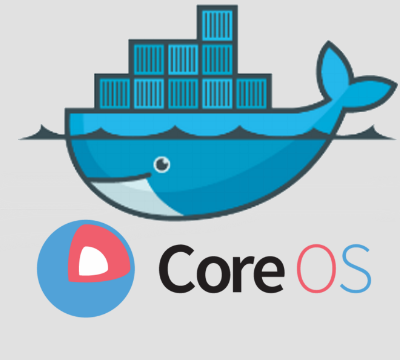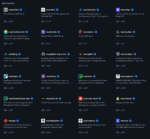
2015 was expected to be the year Linux containers went mainstream, and not even a month into it the two largest independent companies working on containerization are making announcements at roughly the same time. Docker today announced the creation of three leadership roles for the Docker open-source project, and CoreOs announced the update of its Rocket container runtime to version 0.2.
For Docker, two of the three leadership roles essentially existed already: Docker CTO Solomon Hykes will take the role of chief architect on the Docker project, while current project maintainer and Docker employee Michael Crosby will be promoted to chief maintainer.
The big news, however, is that the Docker team has recruited Steve Francia to act as chief operator of the project. He served for three years as chief developer advocate at MongoDB, where he worked on increasing uptake of that popular NoSQL datastore.
(The year in Docker: An infographic)
For CoreOS, on the other hand, the news was more about software than people. First, Rocket, the company’s open-source Linux container runtime, hit version 0.2 last Friday. This release adds more management features, such as the ability to remove unused containers through a new garbage-collection command. Perhaps more important for enterprises, this is also the first version of Rocket to verify signatures for the containers it runs.
That’s an important first step toward security, which is a core principle of Rocket. In fact, Rocket is part of a larger ecosystem of loosely coupled services that help to make an entire container environment. For CoreOS, that environment also includes etcd, a high-speed key-value store designed to hold security keys, configuration information, services discovery, and scheduler coordination.
Today, etcd was updated to version 2.0. This release has a fully rethought implementation of the Raft algorithm for consensus and conflict resolution. The project is fully open source, and available under the Apache 2.0 license.





